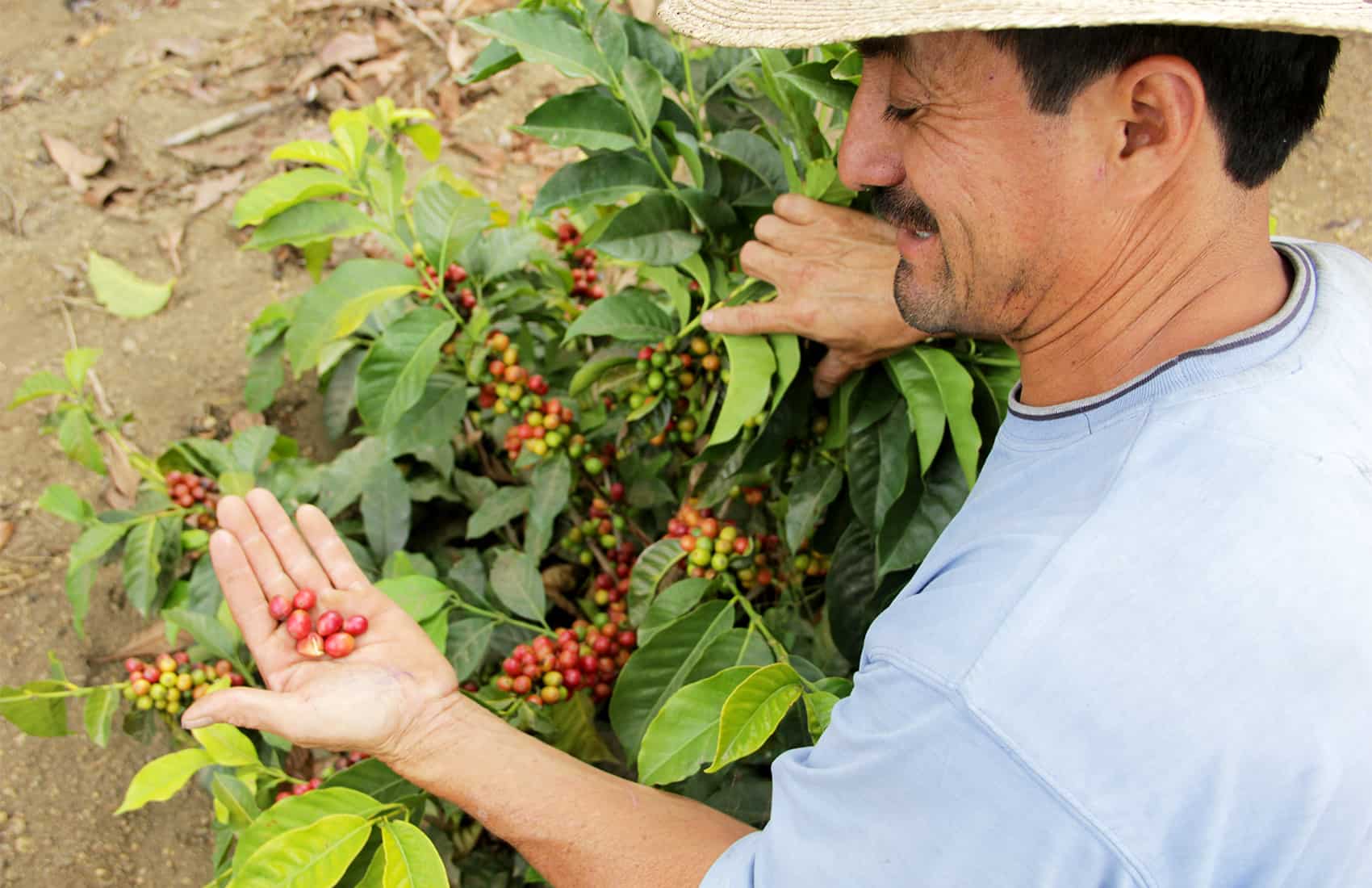United States President Donald Trump signed an executive order on September 5, that gives Costa Rica a path to exempt its main agricultural exports from new U.S. tariffs. The order targets products like pineapples, bananas, and coffee, but Costa Rica must first secure a reciprocal trade agreement with the U.S. to qualify. This move comes after months of tariff hikes that have hit Costa Rican goods hard.
The executive order adjusts the scope of reciprocal tariffs Trump first announced in April. It lists over 45 product categories for potential zero tariffs, including many agricultural items that the U.S. cannot produce in large quantities domestically.
For us here in Costa Rica, this covers major exports such as bananas, pineapples, guavas, mangoes, papayas, cashew apples, jackfruit, breadfruit, sapodilla, sapote, soursop, litchis, passion fruit, carambola, durian, rambutan, longan, tamarind, and coffee.
To get these exemptions, countries need to conclude deals that reduce the U.S. trade deficit and address other concerns. The order sets up procedures for the U.S. Trade Representative and Commerce Department to waive tariffs on covered imports once a country signs on. For Costa Rica, this means negotiating a framework pact that boosts reciprocity, possibly updating the existing CAFTA-DR agreement to include stronger commitments on trade balances and security issues.
Costa Rican officials have responded by planning talks with U.S. authorities to improve access for local products. The government sees this as a chance to protect the agricultural sector, which sent $10.419 billion in exports to the U.S. in 2024. Products like coffee, pineapples, and bananas make up a big part of that total, and tariffs have already raised costs for exporters.
Trump’s tariffs started with a 10% rate on Costa Rican imports in April 2025, citing imbalances where the U.S. faces higher duties on its goods entering Costa Rica. A later hike in August added more pressure, affecting not just agriculture but also medical devices, juices, and electric cables. The U.S. reviews these rates every six months and can adjust them based on cooperation.
Exporters in Costa Rica worry about losing ground in the U.S. market without quick action. The Chamber of Exporters has called the order a “light of hope” but stressed the need to meet U.S. demands fast. If Costa Rica signs a deal, it could keep these products tariff-free and support jobs in farming regions.
The order also exempts other items like critical minerals, pharmaceuticals, and aircraft parts, but agriculture stands out for Costa Rica. Trade experts say this ties into Trump’s broader push for fair deals, linking tariffs to progress on deficits and alliances.
Costa Rica’s economy relies on U.S. trade, with imports from there hitting $11.998 billion last year. Meeting the requirement could steady that relationship, but delays might lead to higher costs and lost sales. Officials plan to engage soon to lock in the exemptions.






